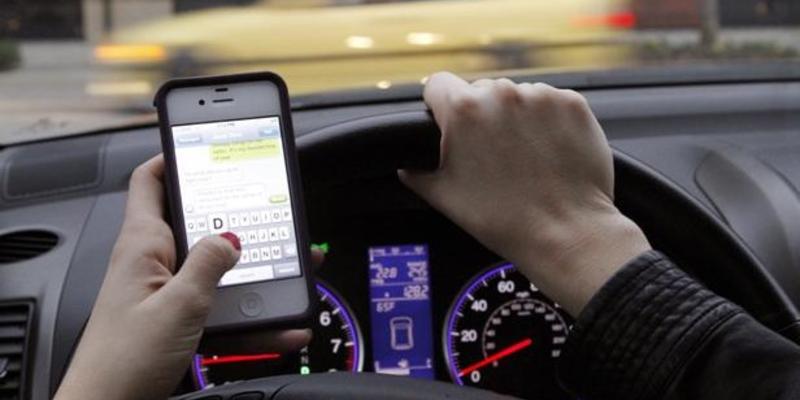
Most people are unaware that they slip in and out of hypnosis daily. Even fewer realize their cell phones have the power to induce a trance state, which, of course, can lead to tragic outcomes. The National Highway Traffic Safety Division labels accidents related to use of cell phones as accidents caused by “distraction.” I label it more accurately. It’s a trance state.
Before I get into how this happens, here's a quick look at some statistics:
Almost 50% of all drivers between the ages of 18 and 24 are texting while driving.
One fifth of experienced adult drivers in the U.S. send text messages while driving.
Truck drivers texting while driving are 23 times more likely to have an accident than truck drivers who are not texting.
See what South Carolina's doing the curb text-happy driving habits here.
Back to the root of the problem: trance. This is a state of mind, not unlike hypnosis. Here's how it works: Normally our attention is scanning the world through our sensory organs for any new stimuli beyond typical “background noise.” Think of it like a radar, continuously revolving and scanning the horizon for something new and moving, constantly alert for anything unusual or out of the ordinary.
However, during a trance state, our attention is focused on one task and our awareness of other elements in our environment is necessarily diminished in order to accomplish it. Imagine the commander of a submarine engaged in watching a target ship in a periscope. The commander is not aware of what is occurring to his side or behind him. He is not focusing on what “Cookie is fix’n for chow” that day. Rather, the commander is focusing on setting the parameters of the ship to optimize the chances of successfully sinking the target.
Both states of mind are “ordinary” in the sense that most of us are born capable of easily experiencing both. We typically spend more time in the scanning mindset as it is our “early warning system.” If we see a threat approaching us early enough, we can take action to avoid it, or we can prepare ourselves for how to handle it.
But to get to the trance state, we have to give up awareness of our surrounding environment. Sometimes we do it somewhat voluntarily, likely absorbing ourselves in a book. We can easily lose track of time, not register our name being called.... Other times, it just happens. As in, you're driving and try to read a cell phone message. This takes effort and focus, and is often followed by a focus on what to say in response. Then comes the focus on actually typing the response. That quickly, you've abandoned the scanning mode of awareness and have entered the state of trance. There's no awareness of what is occurring around you, like a slow drift to a different lane, an upcoming curve, a car in front you that has stopped, a child chasing a ball into the street, a cyclist in your lane...
So that's how it happens, and how easily it does. Here's the other half: It is self-aggrandizing to think of ourselves as more important than others—that what is happening in our work, in our social life, in our family somehow ranks higher than the risk. And it is delusional to think we can drive and operate cell phones a the same time in a safe fashion.
Each of us needs to ask a question of ourselves. “Is our social/work/etc. life so urgent that we should risk harming ourselves and others when we drive?” Make a decision. Putting your phone out of reach is an act that states to the world who you are and what values are important to you. Oh yes, it might also keep you out of jail, save you money, and avoid years of legal entanglement.
(John F. Abess, M.D. is a psychiatrist trained in hypnosis, so he knows what he's talking about...)